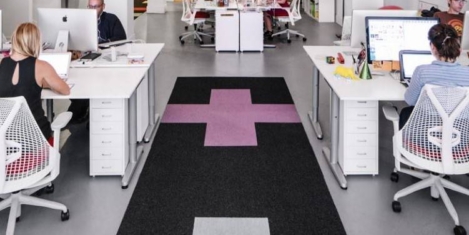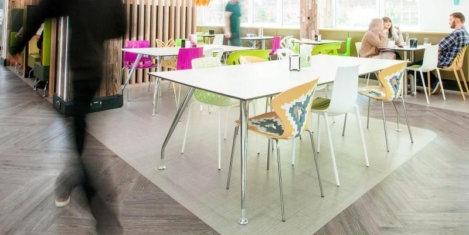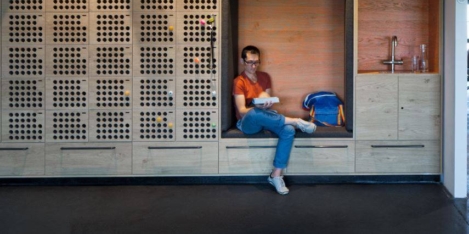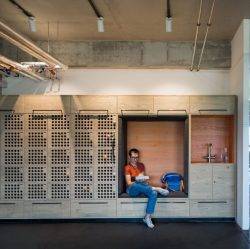May 14, 2019
New Acas advice on creating a positive mental health environment at work
 Two thirds of workers (66 percent) have felt stressed or anxious about work over the past year claims a new report from Acas. As part of Mental Health Awareness Week (13-19 May) Acas commissioned YouGov to ask employees in Great Britain about their experiences of stress and anxiety in the workplace. The most common reasons given for the way they felt included workloads (60 percent), the way that they were managed (42 percent) and balancing home and work lives (35 percent). As a result of the research Acas has produced a framework to help employers boost positive mental health at work.
Two thirds of workers (66 percent) have felt stressed or anxious about work over the past year claims a new report from Acas. As part of Mental Health Awareness Week (13-19 May) Acas commissioned YouGov to ask employees in Great Britain about their experiences of stress and anxiety in the workplace. The most common reasons given for the way they felt included workloads (60 percent), the way that they were managed (42 percent) and balancing home and work lives (35 percent). As a result of the research Acas has produced a framework to help employers boost positive mental health at work.

















 Accountancy has joined the
Accountancy has joined the 




 The UK now ranks tenth globally when it comes to happiness in the workplace. Austria (690), Spain (682), United States (719), France (672) and Germany (675) are all above the UK in rating workplace happiness. To date, over 10,000 people globally have taken the free
The UK now ranks tenth globally when it comes to happiness in the workplace. Austria (690), Spain (682), United States (719), France (672) and Germany (675) are all above the UK in rating workplace happiness. To date, over 10,000 people globally have taken the free 









May 10, 2019
A balanced approach to stress has its benefits
by Brendan Street • Comment, Wellbeing